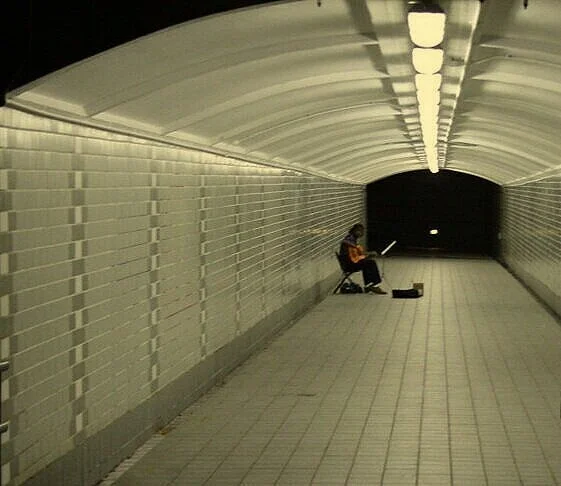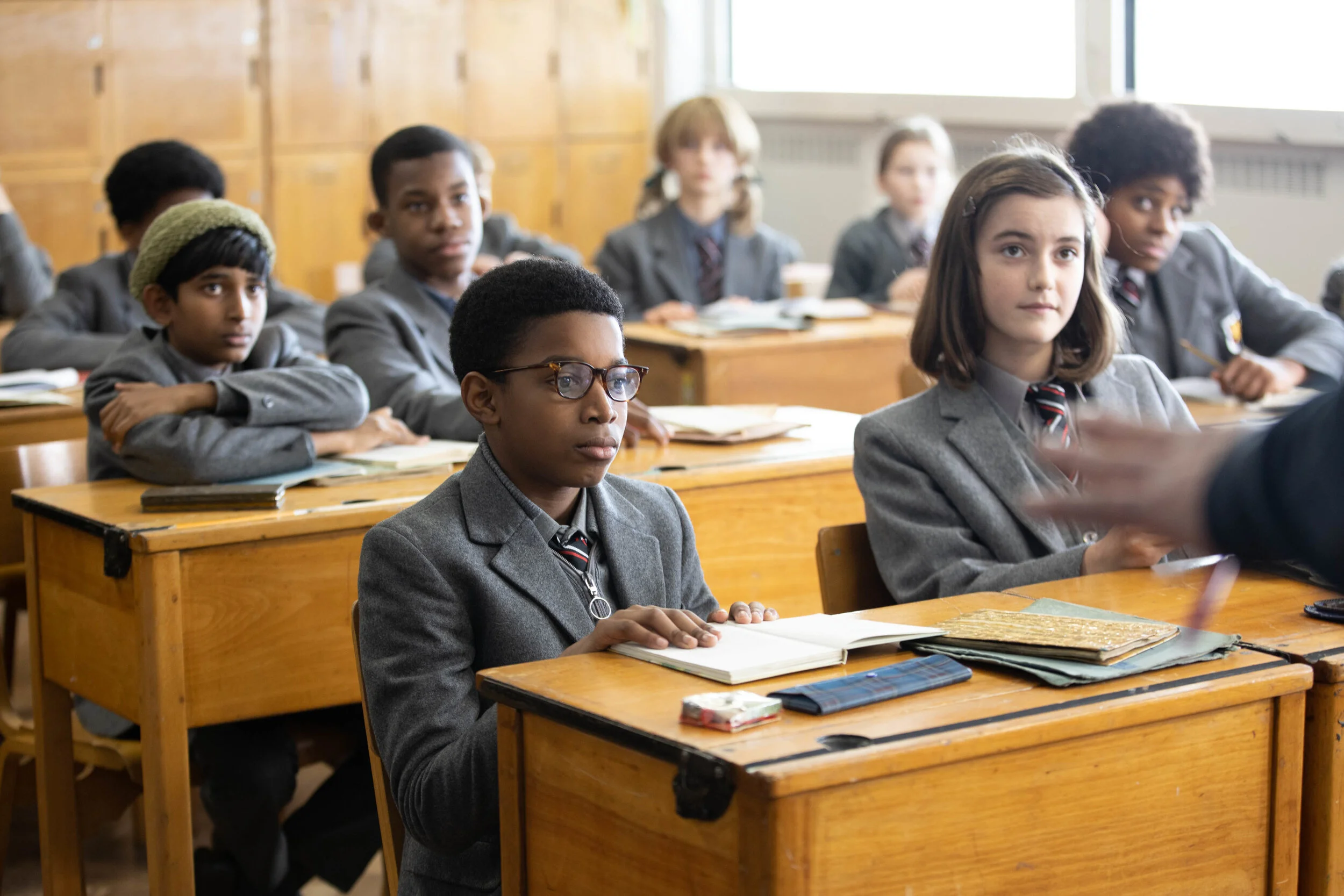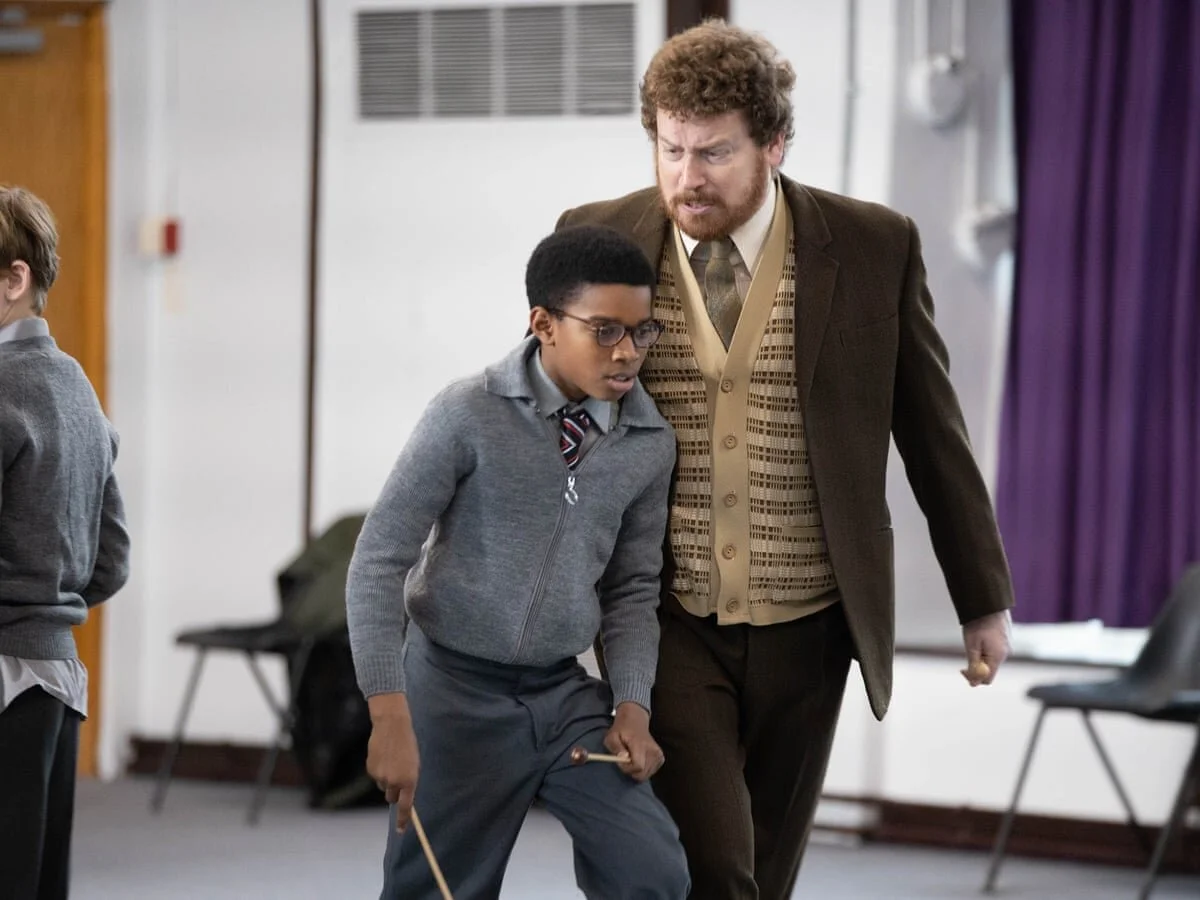By The Landlord
“I overlooked an orchid while searching for a rose.” – Carl Smith
“The world is glacial when it comes to recognising talent.” – Stewart Stafford
“Most people don't find their creativity. There are more unsung geniuses that don't even know they have great talent.” – Truman Capote
“Mediocrity is underrated.” – Mary-Louise Parker
“It is better to be looked over than overlooked.” – Mae West
“I know that songs that died unsung
Know their way too.
Most songs do. Most songs do.” – Tom Paxton
"You don't understand. I could've had class. I could've been a contender. I could've been somebody," exclaims Marlon Brando as the hapless once promising ex-boxer Terry Malloy to brother Charley (the highly underrated Rod Steiger) in that great film On The Waterfront, Terry’s dream of life in the limelight consigned to the shadows of bitter past-it, odd-job man regret after mob gangster boss orders to throw his big fight chance just for some betting scam.
A dramatic example, but this is a universal pattern in all walks of life, either by chance or design, for so many with great promise and talent. Sometimes they just don't get the credit they deserve due to circumstances, opportunity, bad luck, discrimination, manipulation, disadvantage, or just sheer oversight.
So in this context, this week it's all about music artists who are generally overlooked, giving an opportunity to refresh and branch out the many musical synapses of the always lively and healthy Song Bar hive mind. To stray away from the comfort zone and the familiar territory. To dig both broad, but especially deep, and find names and songs that don't come up often, if ever. To shine a light on artists who deserve recognition but are always under the radar, certainly never win nor are even nominated for awards, never pick up gold discs, don't make the charts or best-of lists, and are as far away from the mainstream as you could imagine, but are deserving of plaudits for the sheer quality and originality of their work. Often it’s the supporting actors, the people who don’t put themselves in the spotlight, who don’t have the PR skills, the ignored, disregarded, the neglected, the unacknowledged.
A big topic? Almost certainly, but who else might we leave out? Certainly those who may not even be big sellers, but already have several entries in our Marconium.
Also perhaps to leave out what are so-called 'cult' artists, who generally had no commercial success in their prime, but after their deaths, or years later, have gained significant popularity and recognition. This could include the likes of Nick Drake, Betty Davis, or Shuggie Otis, who as great as they are, should perhaps be put aside, leaving space to reveal the more hidden, un-revered geniuses and gems, the lesser known Van Goghs or John Kennedy Tooles of music, the latter, author of the masterpiece A Confederacy of Dunces, who could not find a publisher in his lifetime and killed himself at only 31.
Why might some come into this week’s category? Perhaps because of genre, because they are not radio-friendly or fit the marketing template, for because their music came out when it was no longer fashionable, such as late-era disco when punk was the rage, or indeed jazz in almost any age but the jazz age. Some bands perhaps who only made one album or whose members moved on to bigger and better things; songs that failed to make an impression in their own time because of contemporary attitudes; bands that were overshadowed by more famous contemporaries; or bands that were poorly managed or involved in some controversy which gave them a poor image; artists who died young but hinted at greatness.
Almost all of us experience, to a greater or lesser extent, being overlooked and underrated in our lives, and that most often starts at school. When I was around 9 or 10, I was perhaps enjoying one of the most happy and confident periods of my life, one, in terms of mental state, I've tried to replicate ever since. I'd found a great affinity with music, and, trying not to overrate myself here, a really high-quality singing voice and musical ability. I was into all sorts of music by then, rock, ska, reggae, and postpunk, but also sang in a local church choir, and soon became a soloist soprano, did lots of performances of sacred music and even won some prizes. I don't know how far this would have gone, and perhaps not being in a high-profile environment, I didn't get to be the boy who sang the theme song Walking In The Air (Peter Auty) or indeed Aled Jones. Perhaps just as well. But I felt I'd found my voice, my calling.
Then at the age of 11 I went to secondary school, where the music teacher, Mr Ball, was someone from whom I'd hoped for great encouragement and help. But somehow I got just the opposite. He was that mealy-mouthed passive aggressive type, one who is often to be found in middle-management in other spheres, the kind I've since encountered several times in work life, who never tells you anything directly, and takes whatever twisted frustrations he has out on those who never deserve it. So here was I, young, full of enthusiasm and positivity, seeking some affirmation and education, but for some unknown reason he just didn't like me. In fact he seemed to actively hate me. I never found out why.
At one class early in the first term he got all the pupils to sing with the purpose of forming a special choir group. We were put into six groups of five, singing in rounds, all together in easy harmonies, and around he walked, listening, variously asking some groups to phase in and out. I sang my heart out at my pure-toned best, and he glanced in my direction briefly, then said "OK. Everyone stop. Someone here has got an excellent voice." Pointing to my group and the one next to us, he asked us to start again, and stood right next to us listening intently. To all the other kids it was quite obvious it was my voice he was talking about. Then he stopped us and said: "Hmm. Not sure who though. Is it you, Smith? Is it you, Taylor?" And so he continued, asking each kid in turn, as each one shrugged in embarrassment, until it came to me. Then he just walked past, and blanked me, and just moved to the next boy along, who to his credit pointed at me, but Ball just ignored that too.
My friends looked across in amazement at this bizarre, brazenly cruel behaviour. And in a similar way he just continued to ignore me for the rest of the year and pretty much all my time at school.
That night in bed I cried for some time as I tried to sleep. Mr Ball destroyed my confidence for several years. As it went, a year or so later puberty arrived, my voice began to break, and that was it for the voice anyway. But as far as maintaining that skill, or learning other instruments, it did quite a lot of harm, and it took a long time to get back into even thinking about performing again.
But I'm sure my experience with a teacher is very common indeed, and as a white boy from a lower-middle class family, while growing up in what was a poorer, working-class area, I've hardly missed out, as in other ways I ended up getting a high level of education. But Mr Ball still left a scar.
So what may very well feature in this week's theme are those whose are overlooked because of systemic reasons - their backgrounds also cause prejudice, whether that be ethnicity, class or gender, or because they were economically disadvantaged. There are not just many underrated black artists but also women too, heroes who have broken through the prejudice of the industry, but there must also be many more out there.
One of the most moving and powerful pieces of work on this subject I’ve seen recently is director Steve McQueen’s series of Small Axe films, focused on the black experience in Britain in the 1970s. In the Education episode, it shows a bright, but troubled boy from a hard-working family in the London suburbs who is picked on by teachers and removed to a ‘special’ school, where there is no education at all, the context of what turned out to be a wider policy of prejudicial racism, a vicious circle of disadvantage from school into career prospects.
From Steve McQueen’s Small Axe: Education. Rubbish music teacher.
The female disadvantage is also one that goes back a long way, so surely there will be many featured this week. On a lighter note to illustrate the original of disadvantage, this comedy sketch by Harry Enfield and Paul Whitehouse, is a parody of a public information film: Women: Know Your Limits!
Comedy actors are often underrated too, but what of musical artists? Well of course this introduction is just to inspire rather than suggest. And we face a contradiction here too, as of course giving publicity to an underrated artist in part means they cease to be so, but only in some small way. I know from the Song Bar inbox that getting a mention in a playlist or on the New Songs or Album section on Song Bar is becoming ever more appreciated by lesser known, or even established artists, but I doubt it's going to change a career, but then you never know. Sometimes it just takes one person to shine the light of recognition, and it can snowball. So on that note, as I try to air the lesser known and new especially in the New Songs section, perhaps it might be worth looking in that direction too.
This example may not feature, as he may more fit the ‘cult’ category, but Sixto Rodriguez from Detroit, Michigan was the sixth child of Mexican immigrant working-class parents who released two albums in 1970 and 1971. They failed spectacularly to sell at all, particularly in America, after which he disappeared as a musician, returning to doing menial building work, and it was rumoured he had even killed himself on stage in some obscure venue. Yet somehow, very gradually, he gained cult status, becoming popular, unknowns to him, in all places in South Africa, where his songs were much loved, but no one had ever seen him perform. Searching for Sugar Man is the documentary about how 40 years later, two fans from Cape Town went looking for him.
And in another genre entirely, and to be honest their music is not so much my cup of tea, it’s hard not to enjoy and be also moved a little by the documentary Anvil: The Story of Anvil, about the Canadian heavy metal band of the early 80s who had a short career, before totally bombing, and years later, while doing jobs such as delivery school meals in sub-freezing temperatures in Winnipeg, they try to return to the scene in circumstances that are often more farcical and comical Spinal Tap that Spinal Tap themselves.
So who might come up as a bona fide unsung hero of music? Impoverished folk artists, jazz artists? The choices is yours. Perhaps for example, Jackson C. Frank, who was scarred for life in a Cleveland Hill High School fire, where 15 of his friends died including his girlfriend Marlene? Perhaps the wandering Texas singer-songwriter Blaze Foley, who ended up in duct tape-covered coffin? Or less tragically, the hidden gem of Germany’s early 70s home-recording artist Sibylle Baier?
What about female rappers of the early 90s, women who could hold their own in a very macho environment, such as Ramona Parker aka Ms. Melodie who was married to KRS One, Heather B or MC Lyte?
Ramona Parker, aka Ms.Melodie, and wife of KRS One.
It’s often a mystery why some are ignored and others make it big. Ry Cooder has popped into the Bar, and reckons it could be as much about marketing: “I don't understand the public, but I do believe the public is oversold and underrated every day. Give the people something interesting, something to chew on, I say.”
The jazz guitarist Stanley Clarke is also in the house, noodling away with his lengthy fingers. Anyone in his eyes is far too ignored? “Yeah. Ray Gomez is truly an unsung hero in American music,” he reckons.
And for another perspective, American underground comic book writer, music critic Harvey Pekar has also dropped in, suggesting that “since about 1980 [pianist and composer] Kenny Werner has been one of jazz’s unsung heroes.”
He is well known in jazz, but let’s give Kenny an airing anyway, in this lovely home performed piece filmed during the pandemic:
Sometimes it’s the roles that musicians themselves are in that puts them out of the limelight and in the underrated category, often the bass players or drummers. New Order’s Bernard Summer is of course referring to longtime friend and colleague Stephen Morris when he says “the drummer is the backbone of the band and is the real underrated one.”
And another reason for being overlooked is that some areas are more fashionable for certain genres than others. Think of a whole swath of African or other musicians out of the limelight. Or indeed for more particular scenes, here’s saxophonist Kamasi Washington, who says: “Los Angeles has always been overlooked as far as jazz, and just high-level music in general. But my dad's a musician, so I've grown up around so many brilliant musicians that nobody outside Los Angeles knows about.”
So then, from what far-flung places, or even just under our noses, will you dig up this week’s extra hidden musical gems? This week’s treasure hunter supreme is the ever knowledgeable Nilpferd! Place your suggestions in comments below in time for last orders at 11pm UK time, for playlists published next week. It’s going to be different.
New to comment? It is quick and easy. You just need to login to Disqus once. All is explained in About/FAQs ...
Fancy a turn behind the pumps at The Song Bar? Care to choose a playlist from songs nominated and write something about it? Then feel free to contact The Song Bar here, or try the usual email address. Also please follow us social media: Song Bar Twitter, Song Bar Facebook. Song Bar YouTube, and Song Bar Instagram. Please subscribe, follow and share.
Song Bar is non-profit and is simply about sharing great music. We don’t do clickbait or advertisements. Please make any donation to help keep the Bar running:




